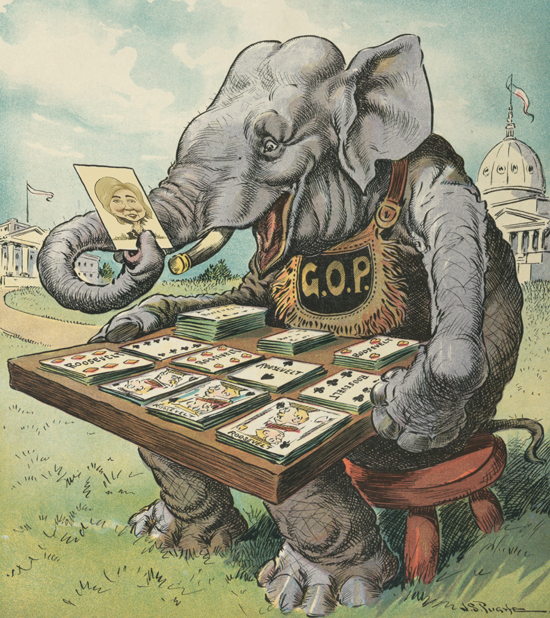John W. Whitehead’s biography is impressive. His bio page and the list of books that he’s written can be found at The Rutherford Institute’s website. You can also find the archive of his column dating back to the 1990s, and if you’re interested, and an article about his interview with Bill Clinton in 1973. Yes, 1973.
Western Journalism posted Whitehead’s latest piece (with the above title) — below is an excerpt from it. Clearly, he’s not a cheery guy, and whether he’s optimistic in the long run or not, I don’t know since a) I haven’t read enough of his work and b) he gives no prescription for addressing the problems he outlines in such depressing detail in this post.
Regardless, the problem continues to be the failure of a sufficient number of conservatives to engage in the political process, and the grand failure of the entire political right to fight seriously in the information war. When these two failures take place over the course of decades, of course an article like this one can be written.
Here is Whitehead’s opening:
“The shaping of the will of Congress and the choosing of the American president has become a privilege reserved to the country’s equestrian classes, a.k.a. the 20% of the population that holds 93% of the wealth, the happy few who run the corporations and the banks, own and operate the news and entertainment media, compose the laws and govern the universities, control the philanthropic foundations, the policy institutes, the casinos, and the sports arenas.”—Journalist Lewis Lapham
Being a citizen in the American corporate state is much like playing against a stacked deck: you’re always going to lose.
The game is rigged, and “we the people” keep getting dealt the same losing hand. Even so, most stay in the game, against all odds, trusting that their luck will change.
The problem, of course, is that luck will not save us. As I make clear in my book, Battlefield America: The War on the American People, the people dealing the cards—the politicians, the corporations, the judges, the prosecutors, the police, the bureaucrats, the military, the media, etc.—have only one prevailing concern, and that is to maintain their power and control over the citizenry, while milking us of our money and possessions.
It really doesn’t matter what you call them—Republicans, Democrats, the 1%, the elite, the controllers, the masterminds, the shadow government, the police state, the surveillance state, the military industrial complex—so long as you understand that while they are dealing the cards, the deck will always be stacked in their favor.
He has more to say by way of introducing his Book of Revelation-like review, and then he writes sections with this sentence introducing it: “Just consider how insidious, incestuous and beholden to the corporate elite the various “parts” of the mechanism have become.”
The sections are on congress, the president, the Supreme Court, the media, and finally, here is his section about the American people:
The American People. “We the people” now belong to a permanent underclass in America. It doesn’t matter what you call us—chattel, slaves, worker bees, drones, it’s all the same—what matters is that we are expected to march in lockstep with and submit to the will of the state in all matters, public and private. Through our complicity in matters large and small, we have allowed an out-of-control corporate-state apparatus to take over every element of American society.
Our failure to remain informed about what is taking place in our government, to know and exercise our rights, to vocally protest, to demand accountability on the part of our government representatives, and at a minimum to care about the plight of our fellow Americans has been our downfall.
Now we find ourselves once again caught up in the spectacle of another presidential election, and once again the majority of Americans are acting as if this election will make a difference and bring about change—as if the new boss will be different from the old boss.
He then closes with a long quote from comedian George Carlin, which I’ll let you read at The Rutherford Institute’s website.
Image credit: www.rutherfordinstitute.org.

